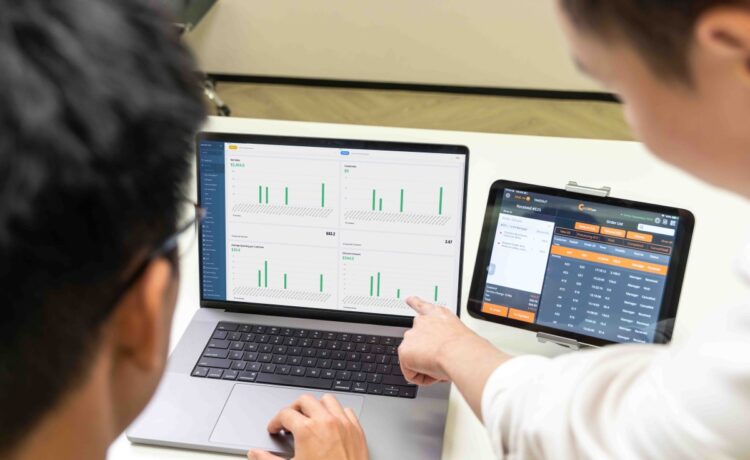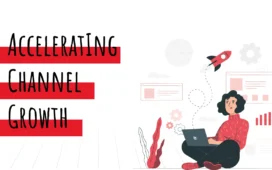Inventory management is a critical aspect of running a successful restaurant. Wastage, overstocking, or understocking can all have a significant impact on your bottom line. This is where Restaurant Operating Systems (ROS) come into play, offering robust inventory management features that streamline the process and boost efficiency.
Real-Time Inventory Tracking:
One of the key advantages of ROS systems is their ability to provide real-time inventory tracking. Every ingredient, from tomatoes to table napkins, can be monitored as it’s used or restocked. This ensures that you always know exactly what’s in stock, reducing the risk of running out of crucial ingredients during a busy shift.
Reducing Food Waste:
With accurate inventory data at your fingertips, you can make informed decisions about food ordering and preparation. ROS systems help you minimize food waste by optimizing inventory levels, which is not only cost-effective but also environmentally responsible.
Vendor Management:
Keeping track of multiple suppliers and their varying prices and delivery schedules can be a logistical nightmare. ROS systems centralised vendor management, making it easier to compare prices, negotiate contracts, and schedule deliveries efficiently.
Menu Optimization:
Knowing which dishes are the most popular and profitable is essential for a successful restaurant. ROS systems provide insights into the performance of each menu item, allowing you to make data-driven decisions about what to keep, modify, or remove from your menu.
Cost Control:
Inventory is one of the largest costs for a restaurant. ROS systems help you control these costs by providing detailed reports on usage, waste, and shrinkage. This transparency enables you to identify areas where cost savings can be made.
Preventing Theft and Fraud:
Unfortunately, theft and fraud can occur in any restaurant. ROS systems help prevent these issues by providing audit trails and detailed transaction histories. Suspicious activities can be quickly identified and addressed.
Automated Reordering:
No more manual inventory checks and reorder forms. ROS systems can be set up to automate the reordering process. When inventory levels reach a certain threshold, the system generates purchase orders, saving time and ensuring you never run out of essential supplies.
Integration with Accounting:
Streamlining financial operations is another benefit of ROS systems. They can seamlessly integrate with accounting software, making it easier to track expenses, monitor profit margins, and generate accurate financial reports.
In conclusion, inventory management is a complex task for any restaurant, but Restaurant Operating Systems simplify the process. They provide real-time tracking, reduce waste, and offer valuable insights that lead to cost savings and improved profitability. Embracing an ROS system is not just about managing inventory; it’s about running a more efficient, profitable, and sustainable restaurant.












